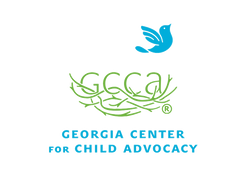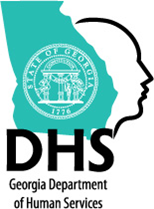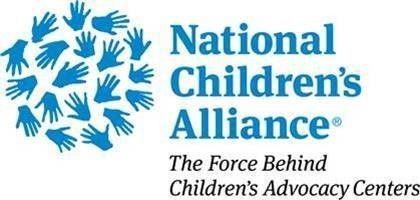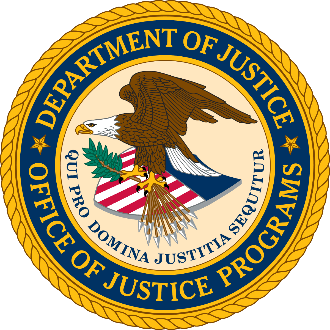Our Therapeutic Approach
The primary treatment model employed at the Georgia Center is Trauma-Focused Cognitive Behavioral Therapy (TF-CBT). TF-CBT is widely regarded as the most effective treatment with sexually abused and traumatized children. It has the strongest research support of any treatment model with traumatized children and is identified as “Best Practice” for therapy with sexually abused children.[i]
TF-CBT specifically helps children (and parents) to:
- Learn about trauma and child sexual abuse
- Develop effective ways of expressing emotions and coping with difficult emotions
- Therapeutically process sexual abuse and trauma experiences and memories
- Develop, enhance, and reinforce knowledge and skills that will promote safety and growth beyond the formal conclusion of therapy
Caregivers and other supportive adults are valuable participants in TF-CBT. We know that a caregiver is likely to be with the child much more than the therapist and will be their support well after therapy ends. Involving caregivers and other support persons is beneficial in many ways, including the following:
- Supportive involved adults(s) can reinforce the youth’s use of skills outside therapy
- Caregivers and others may benefit from the information and interventions, too (for themselves and to better understand the experiences of their child)
- Caregiver(s) may need specific skills for managing child behavior problems, to reinforce the importance of boundaries and limits, and improve the quality of their interactions with their child.
- Caregiver(s) need support and a place to express and cope with their own thoughts and feelings
Therapy sessions at GCCA are typically once a week for 60-90 minutes. During a typical session the therapist may meet with the child for part of the session, the parent for part of the session, and may also meet with the parent and child together.
For more information about TF-CBT, click here.
[i] Kaufman Report, 2004







